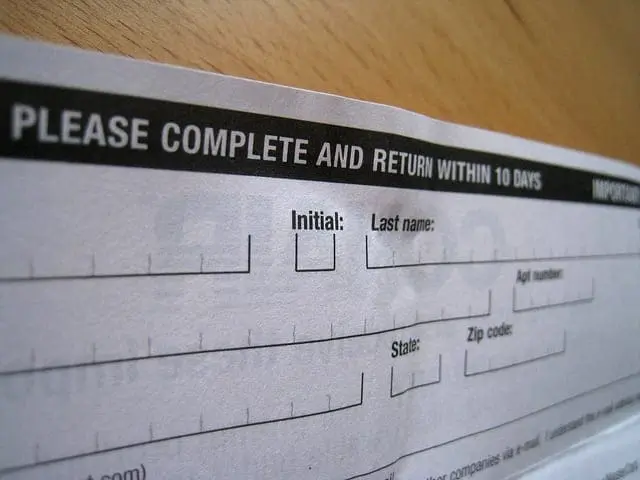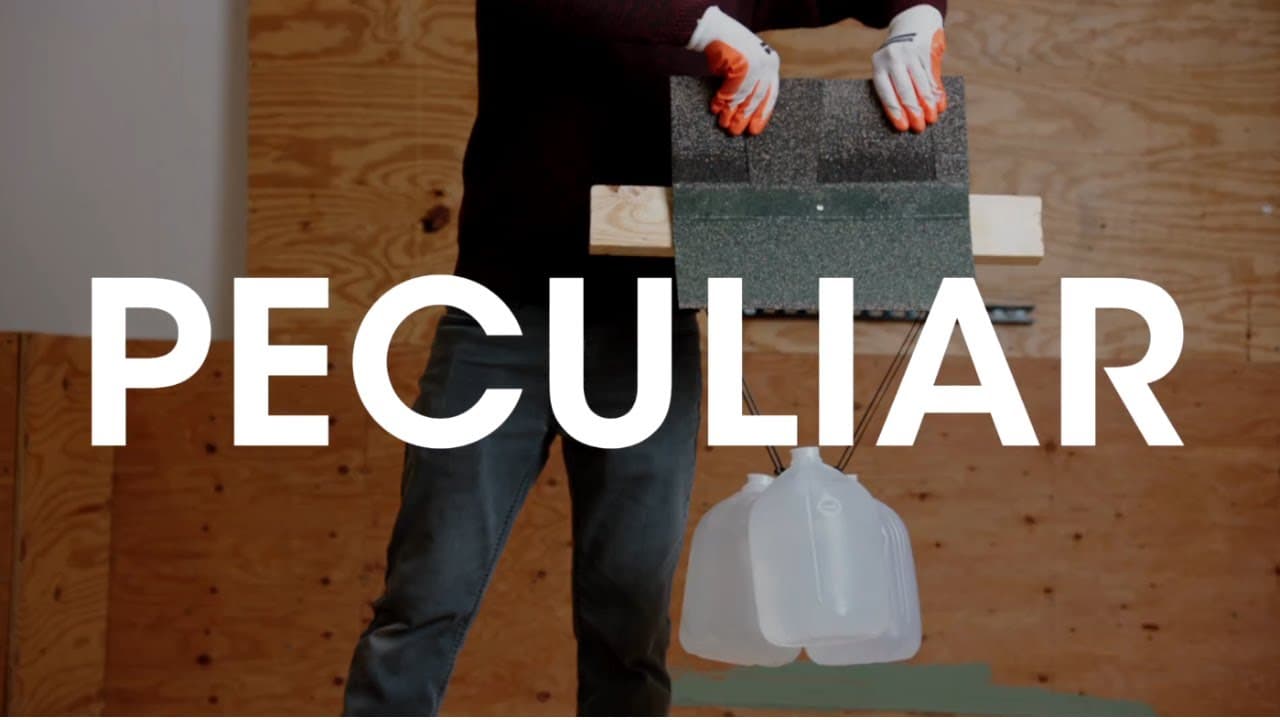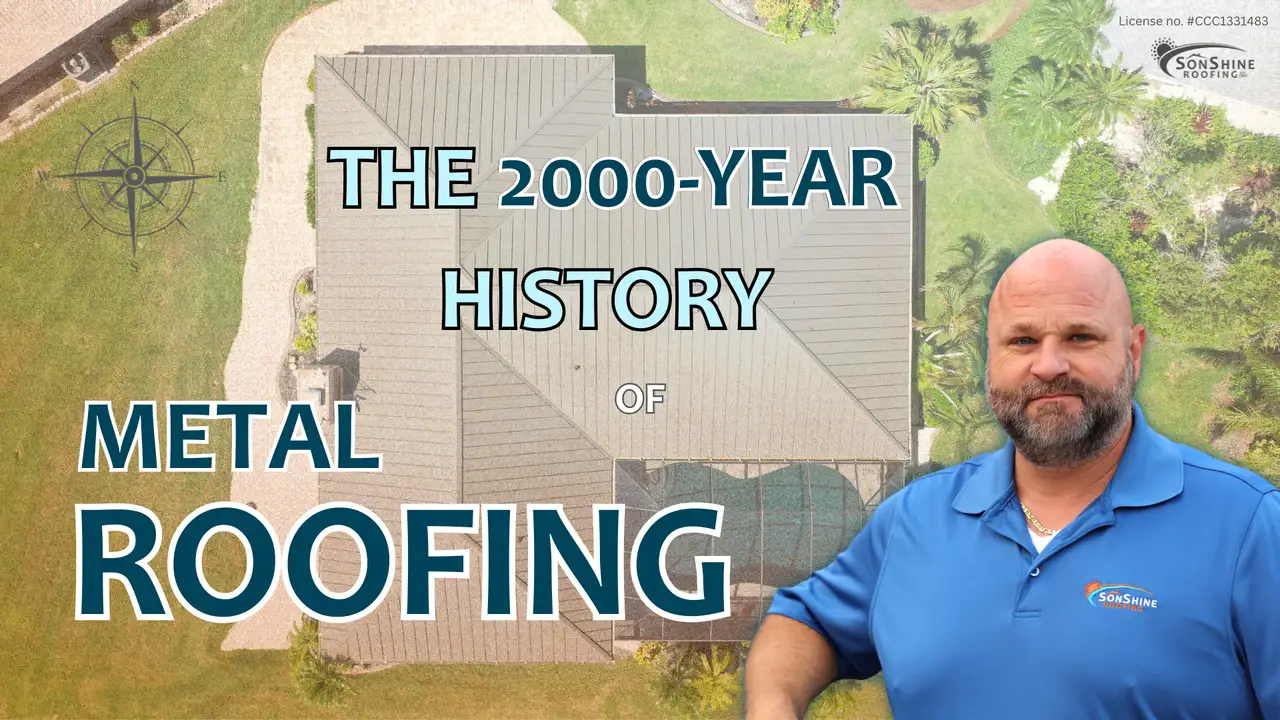Don’t Get Caught With a Roof Warranty From a Contractor Who May Not Survive the Slow Economy
When the economy slows down, many roofing contractors begin lowering their prices in an attempt to secure more jobs. While that might sound good for homeowners looking to save money, there’s a hidden risk: the cost of doing business is increasing for contractors—sometimes dramatically.
Consider this real-world example. In 2011, over 200,000 Florida employers received updated unemployment tax notices. The new rates were nearly triple those from 2010. And 2010 itself had already seen a three-fold increase from the previous year. That means unemployment taxes for contractors increased approximately nine times over the span of just over one year. Imagine something that once cost $200 annually now costing $1,800—that’s a massive hit to small business owners.
This illustrates how contractor costs are rising even while many are slashing their prices to remain competitive. That’s not sustainable, and the consequences could directly affect you, the homeowner.
Why This Matters for Your Roof Warranty
Unfortunately, when roofing contractors face these mounting financial pressures, many make poor decisions. Some cheat the system—by cutting corners or avoiding tax and insurance obligations. Others absorb the costs hoping to weather the storm. But eventually, both paths can lead to business failure.
And when a contractor goes out of business, your warranty goes with them.
At SonShine Roofing, we often hear stories of homeowners left stranded with incomplete work or voided warranties because the contractor they chose is no longer in business. Roofing warranties are only as good as the company backing them. That’s why we urge all homeowners to do their research—especially when faced with large pricing differences among bids.
The Danger of Choosing Based on Price Alone
When gathering roofing bids, it’s normal to see a wide range in prices. But those differences usually reflect more than just materials or profit margins. A significantly low bid could mean:
- Unlicensed or uninsured work crews
- Inferior materials
- Skipping permit requirements
- Lack of worker’s compensation insurance
- No formal warranty or long-term service plan
The challenge for homeowners is uncovering the “why” behind those numbers. As the old saying goes, “You get what you pay for.” And when it comes to roofing, buying cheap often means paying more in the long run—whether through repairs, replacements, or legal hassles.
Even more dangerous than choosing the lowest bid is choosing blindly. Being uninformed puts homeowners at risk regardless of whether they go with the cheapest or most expensive contractor.
What You Can Do to Protect Yourself
We believe in empowering our clients with information, not pressure. That’s why we offer a complimentary resource: a checklist of critical questions to ask any roofing contractor before hiring them. These questions help you uncover the truth behind pricing and ensure you’re hiring a team you can trust.
Contact us today to request your free “Choosing a Contractor” checklist.
Experience and Trust You Can Rely On
With 38+ years of experience serving Sarasota, Manatee, and Charlotte Counties, SonShine Roofing has weathered every kind of economic climate. Our commitment to roof inspections, honest repairs, and top-tier replacements is backed by our written 100% satisfaction guarantee. If you’re not happy—you don’t pay.
Don’t trust your roof—and your peace of mind—to the lowest bidder. Trust a contractor with the strength to stand behind their work for years to come.













